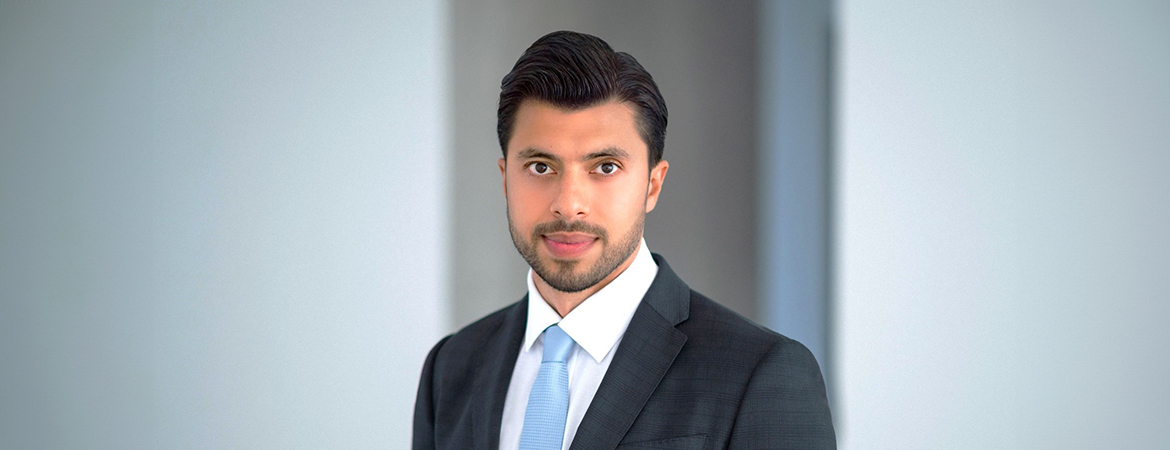By Firas Al Msaddi, CEO of fäm Properties
The Dubai real estate market is entering a new phase of maturity, characterized by evolving investment strategies and a shifting landscape that offers both challenges and opportunities for buyers and developers.
As the market continues to grow and develop, it’s becoming clear that traditional approaches to property investment are giving way to more sophisticated and potentially lucrative strategies.
One of the most significant market trends emerging is the opportunity for investors to tap into developer-level profits. By focusing on co-developing real estate assets rather than simply purchasing ready properties, experienced investors can find ways to significantly boost their returns.
This approach allows them to potentially double or even triple their profitability compared to the typical net rental returns of 5-7% per year, or capital gains of 10-15%, which are associated with traditional property investments.
This shift towards real estate development and property re-development is gaining traction in an environment where high supply and demand continue to drive prices upward.
Investors with starting capital of AED 10 million or more can now participate in projects traditionally reserved for established developers. This type of investment is ideal for investors within the AED10 million to AED200 million bracket, depending on the size of the project, and the share they qualify to acquire.

This opens up new avenues for both traditional real estate investors and institutional investors to engage with the real estate value chain from its inception, potentially reaping the rewards of higher profit margins.
However, this new investment strategy requires a more comprehensive and nuanced approach than traditional property buying. It relies heavily on in-depth market research and analysis, strategic planning, efficient resource management, and expert project design.
Investors benefit from the guidance of a diverse team of professionals, including real estate advisors, architects, engineers, and marketing experts, who oversee projects from inception to completion.
This holistic approach to property development is indicative of a maturing market where success depends on more than just location or price. As the Dubai real estate sector evolves, developers and investors alike are recognizing the need to compete on multiple fronts to attract buyers and achieve profitable outcomes.
One key aspect of this progress is the increasing selectivity of buyers and investors. With an abundant supply of residential property, they are becoming choosier, considering factors such as lifestyle offerings, overall quality, and the reputation of the developer.
This shift is forcing developers to focus on creating unique selling points for their projects and to pay closer attention to the total value proposition of their offerings.
The market’s growing maturity is also reflected in the changing dynamics of property transactions. While demand remains high, with record transaction values recorded in recent quarters, the nature of these transactions is evolving.
Off-plan sales continue to be robust, but success in this segment now requires developers to have a deep understanding of market trends and buyer preferences.
Interestingly, the market is also influencing the relationship between developers and real estate agents. Smart agents are recognizing that long-term success depends on prioritizing investor returns over short-term commissions, a shift that aligns with the market’s increasing sophistication.
Despite the ongoing boom and projected addition of nearly 95,000 new units by 2026, there’s optimism about the market’s ability to absorb this supply.
Several factors contribute to this positive outlook, including Dubai’s growing global reputation, its focus on attracting wealthy investors, and a strong cash buyer market that makes it less vulnerable to interest rate fluctuations.
The market’s resilience is further bolstered by broader economic trends. The current inflationary environment has driven both individual and institutional investors towards real estate as a stable hedge against currency devaluation.
Additionally, Dubai’s strategic location, favourable visa policies, and lifestyle attractions continue to draw global interest and investment.
Particularly notable is the surge in the ultra-luxury real estate segment, which has attracted billionaires and ultra-high-net-worth individuals. This segment is expected to see significant expansion in the coming years, further diversifying the market and attracting a new class of global investors.
The influx of international developers and the rise in the number of registered real estate agents in Dubai are also contributing to the market’s evolution. These trends are bringing new expertise, investors, and dynamism to the sector.
Importantly, the market is now characterized by enhanced transparency and regulation. Initiatives to remove fake online ads and tools like the Dubai Land Department’s DXBinteract have significantly improved market transparency, enabling stakeholders to make more informed, data-driven decisions. This increased transparency has been crucial in attracting and retaining international investors.
As the Dubai real estate market continues to mature, it’s likely to bring more benefits. Lower price volatility will make the market less risky for long-term investors, while increased predictability will allow for more informed decision-making.
The stable and growing real estate sector is also likely to contribute to overall economic development, attracting businesses and talent to the city.
The market is evolving into a more sophisticated, transparent, and diverse ecosystem. While it continues to offer attractive opportunities for traditional property investments, it’s also opening up new avenues for investors, and potentially higher returns.
As it continues to mature, success will increasingly depend on in-depth market knowledge, strategic planning, and a focus on creating value beyond price per square foot.
For investors and developers alike, understanding and adapting to these changing dynamics will be key to capitalizing on the opportunities presented in Dubai.
